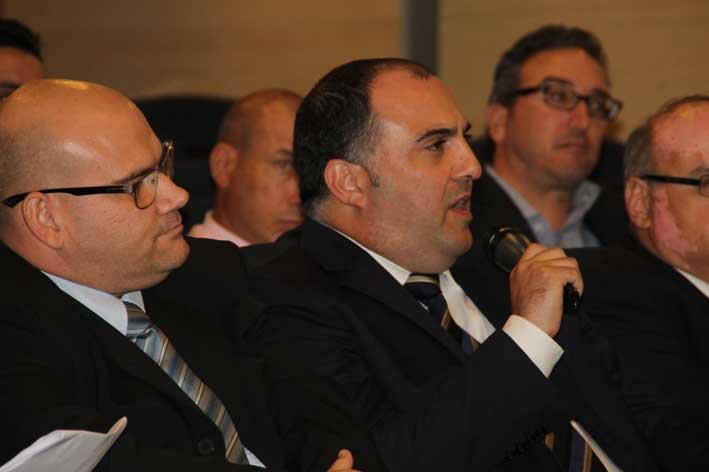The Malta Chamber of Commerce believes that an increase in the minimum wage could actually bring about more hardship for lower income workers.
Yesterday, this newspaper published a number of reactions to the Prime Minister’s statement on Sunday, where he said that the time has come to debate an upward revision of the minimum wage.
The Chamber of Commerce explained its reasoning behind it’ statement. “This could bring about a decrease in the national competitiveness, and hence a slow-down in investment and subsequently in employment, due to higher production costs”.
The Chamber stressed that this issue needs to be taken into consideration within the full context of the economy. “All decisions need to look at the larger, long term picture in order not to harm those sectors where success is directly determined by the final cost of production”.
The Malta Chamber believes that the minimum wage should reflect productivity and not an assumption of spending power. Therefore , while the Chamber is in favour of addressing problems encountered by individuals living close to the poverty line, it underlines that increasing the minimum wage will not solve the problem, as the effects of such a measure will quickly fade into nothing.
The Chamber was not the only organization to warn against such a move. Yesterday, the Malta Employers Association stressed that raising the minimum wage could push more people below the poverty line.

GWU supports minimum wage increase
General Workers Union (GWU) Secretary General Josef Vella said that prior to the 2013 General Elections, the union expressed its understanding that the current minimum wage was not meeting the objectives for which it was created, primarily to cut worker abuse and not to allow workers fall into being at risk of poverty.
“The GWU believes that now, as the country is benefitting from economic growth, is the right time to raise the minimum wage, in order for persons and families to continue finding support in order to move away from the poverty line, be given dignity and become more motivated to do their utmost to improve their living conditions”.
A minimum wage increase, he said, will surely help people improve their style of living. “Above all, an increase in the minimum wage helps to reduce the number of workers living beneath the poverty line, and help them overcome their situation end up finding another source of finances, which most often than not would include precarious working conditions.
The GWU explained that the minimum wage should rise after a scientific study as to how it should be raised and over how much time while ensuring the lowest possible negative economic impact.
“It is also important that a minimum wage-rise occur together with improvements to pensions and to working conditions in the lower bands”.
He explained that one cannot help one social group and leave another to face similar difficulties.

Minimum wage should just be the first rung of the salary scale for those who have just started working- UHM
The UHM referred this newsroom to a newsletter post it had published, and said that the Union would soon publish an official reaction.
The UHM said the minimum wage should merely be the first rung of the salary scale for those who have just started working and have few or no skills or qualifications.
“Voice of the Workers does not feel that such workers should be stuck at the minimum wage level throughout their working lives. The minimum wage should simply be the first rung of the salary scale for a particular category of worker; it should not be considered as a benchmark”.
“Increasing the minimum wage, as proposed in the report published by Caritas, will make no significant difference to the workers on the bottom rung of the ladder. The long term effective solution is to ensure job market policies which target young people with no qualifications and ongoing training throughout a person’s working life”.
“The increase in pay as proposed by Caritas will have no real impact on households which have a yearly income below €10,000. This figure is taken from the last published Household Budgetary Survey (2008) by the National Office of Statistics which concluded that families having a yearly income of €8,000 to €10,000 spend more than €11,000 a year on average. If 8 years ago the average expenditure of 19,000 families was more than €11,000 per family, the UĦM Voice of the Workers asks: what is the average expenditure today? Definitely more than €11,000”.
The UHM said that the Caritas study indicates that a family living on the minimum wage cannot meet its needs adequately. “An increase in pay would help alleviate the situation, but is not the long term solution”.
Other reactions